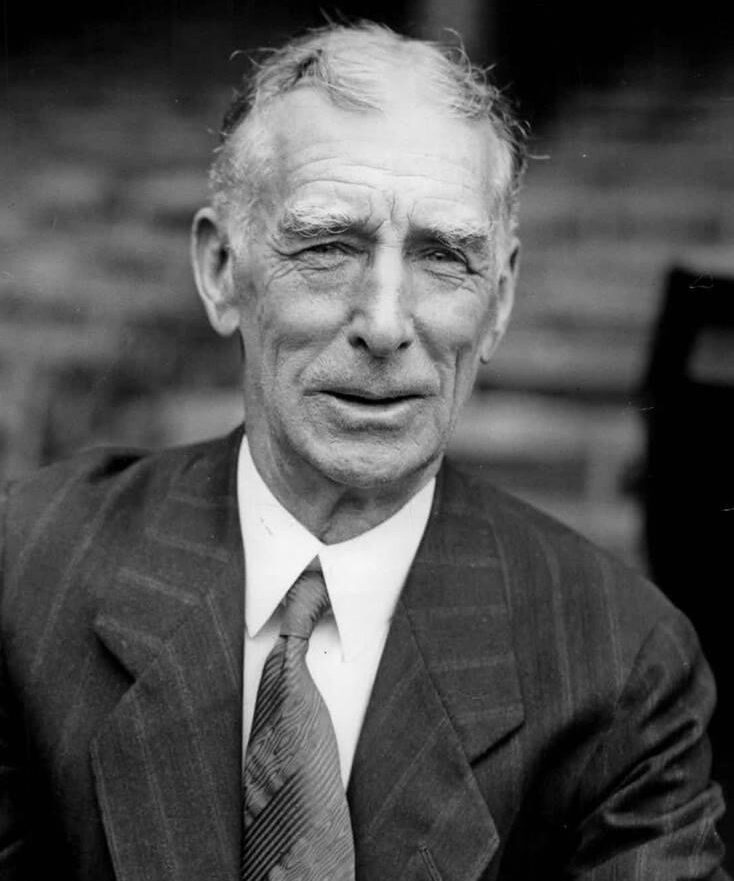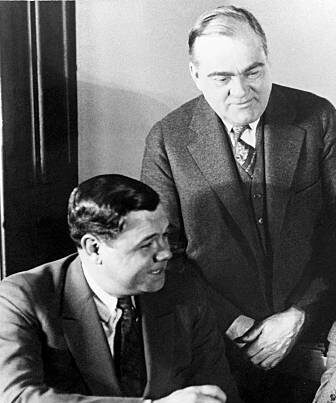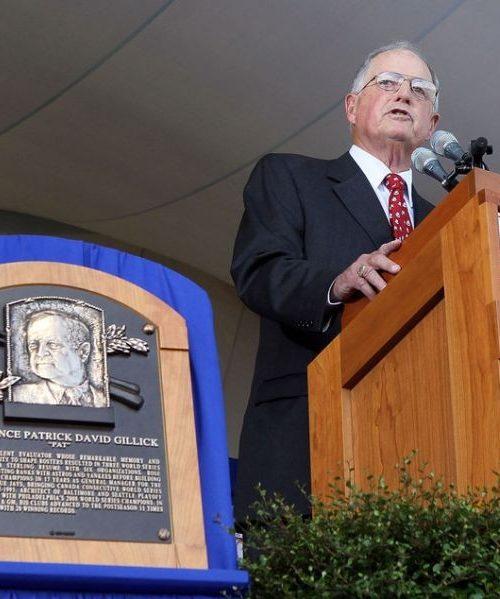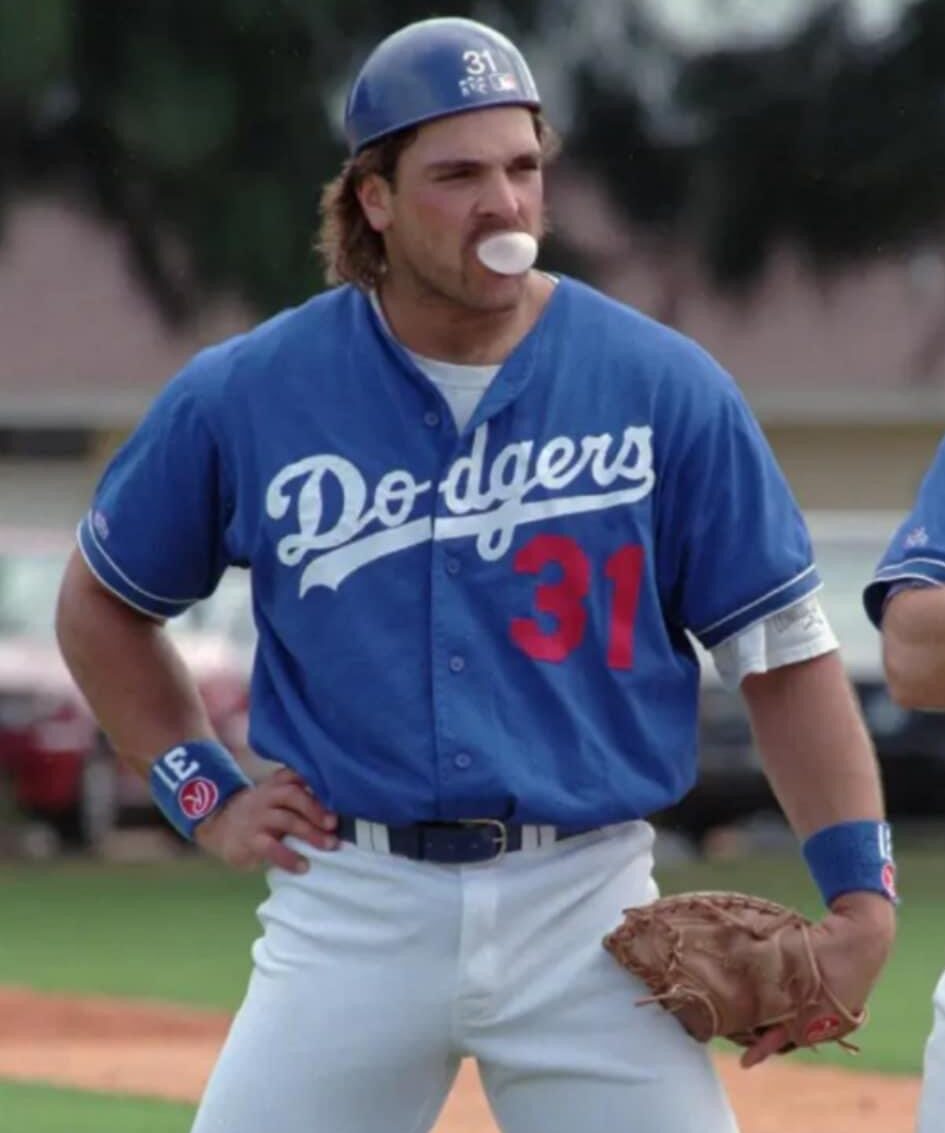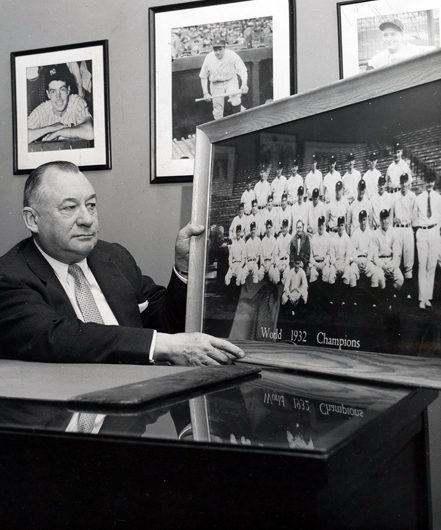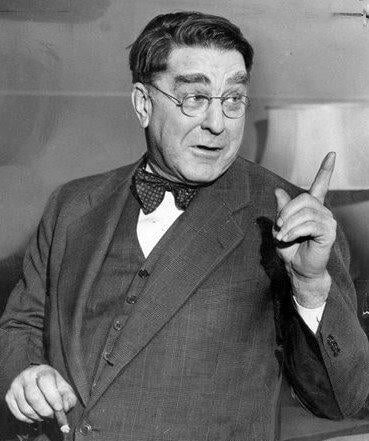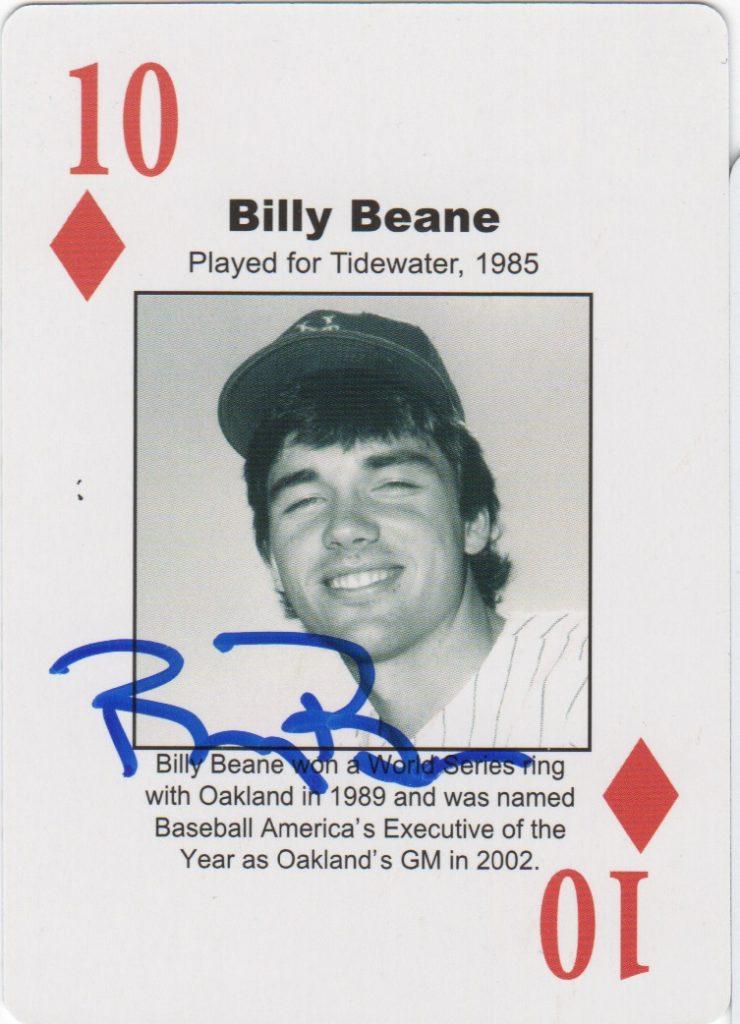
An outstanding high school player, Billy Beane was such a talent that the Mets considered taking him with the first overall pick in the 1980. With a scholarship offer from Stanford University, many teams believed Beane would delay his start as a professional player.
The Mets selected Darryl Strawberry with the first pick in the draft. Not wanting to waste their pick on a player headed to college, many teams passed on Beane. The Mets also owned the 23rd pick in the first round as compensation for the Pirates signing of free agent Andy Hassler.
When Beane was still on the board, New York selected him and offered him $125,000. Beane took the money.
The outfielder struggled in his first professional season, hitting .210 for the Low-A Little Falls Mets of the New York-Penn League. By 1982, Beane moved up to Double-A with the Jackson Mets of the Texas League and hit .211. He improved on those numbers the next two seasons in Jackson hitting .246 and .281 in ’83, and ’84.
A late-season call up in ’84, Beane got one hit in 10 at bats covering 5 games in his first taste of big league ball. From 1984-1989 Beane bounced between Triple-A and the majors, playing in 148 big league games for the Mets, Twins, Tigers, and finally the Oakland Athletics.
The day after the A’s reassigned him to minor league camp in Spring Training of 1990, Beane approached Oakland General Manager Sandy Alderson about scouting for the the team. He held the job of advance scout from 1990-1993 before earning promotion to assist GM.
When Alderson left Oakland after the 1997 season, Beane succeeded him at GM. Constrained by a low payroll, Beane sought to better analyze the value of players. The strategy worked as he built teams that reached the playoffs every season from 2000-2003 despite regularly being near the bottom in MLB payroll.
Beane helped revolutionize the game with his application of statistical analysis. In 2003, Michael Lewis wrote Moneyball: The Art of Winning an Unfair Game in which he explained many of Beane’s moves and much of his strategy. The book was made into a movie in 2011 with Brad Pitt starring as Beane.
Today every baseball front office employs in-depth statistical analysis pioneered by Beane. Although his small-market Athletics have yet to win a World Series, Beane remains a serious candidate for the Hall of Fame.


